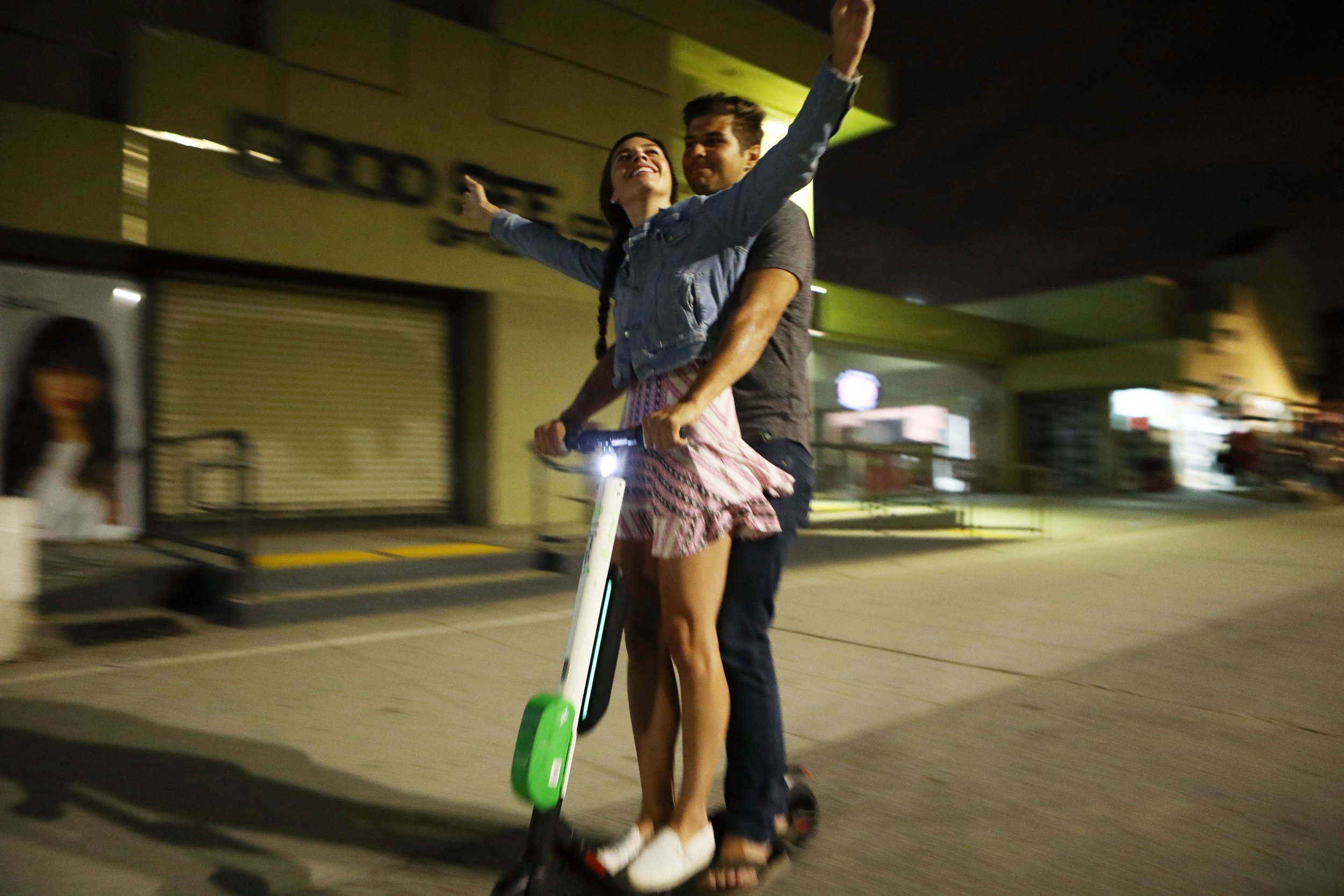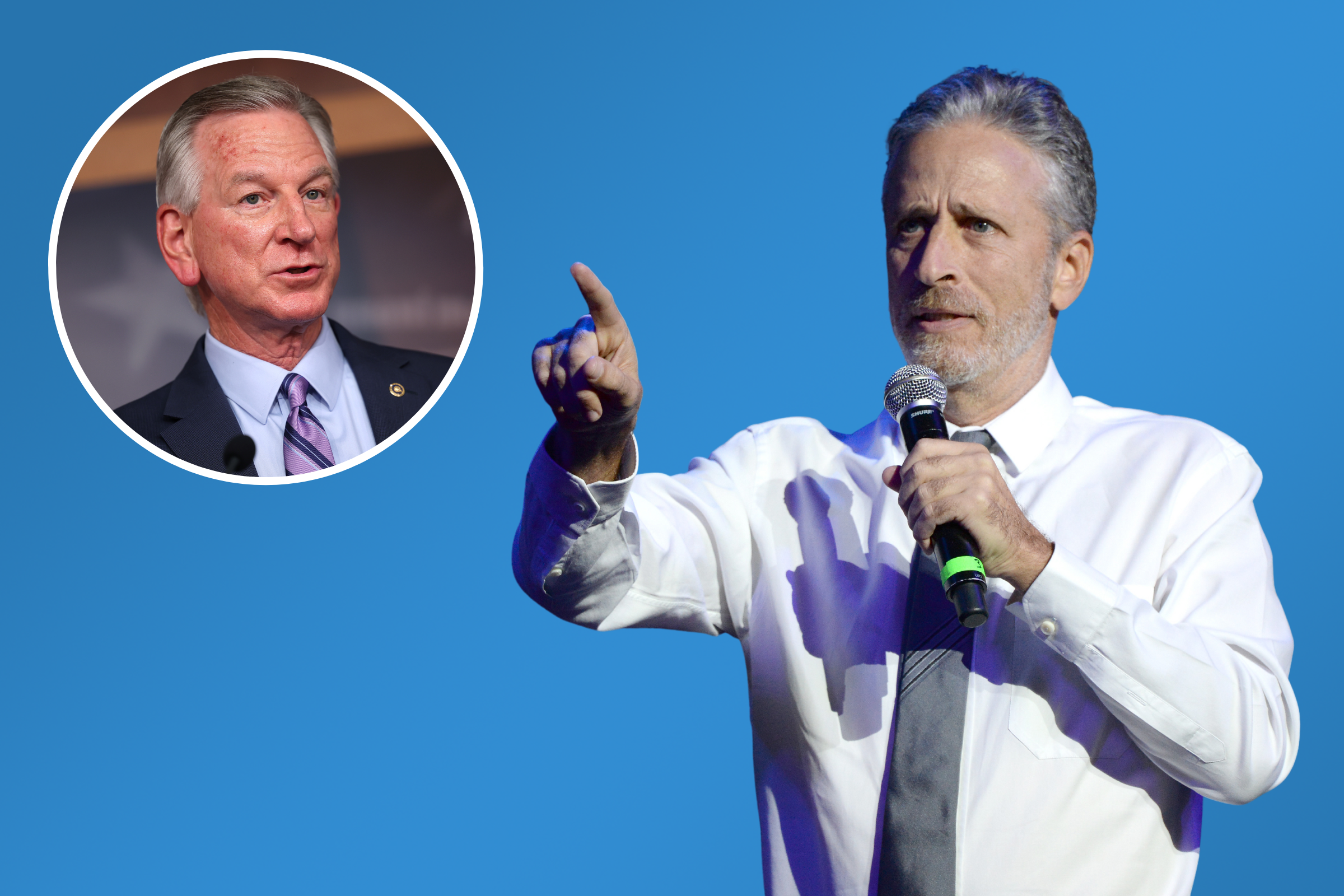
Winter has come for dockless electric scooters.
From San Francisco to the District of Columbia, local governments across the country have moved to ban or otherwise curtail the explosive growth of these two-wheeled shared fleets through fines, fees and artificial market caps.
Like the ride-hailing platforms before them, it was only a question of when, not whether, bureaucrats would act, but their ill-considered intervention threatens one of the most transformative urban mobility development in decades and comes at the expense of greener, more livable communities.
Consider DC, where local transportation authorities implemented this month new rules requiring e-scooter companies to limit the size of their fleets—despite tremendous demand and early indications that their availability is encouraging inner-city residents to eschew automobiles. (A survey of 4,500 scooterists by the Portland Bureau of Transportation found six percent of users reported selling their cars because of the new mobility offering and another 16 percent said they were considering it.)
At the same time, DC stipulated that scooters be limited to a lazy 10 miles per hour. But capping the allowable speed of scooters operated alongside speeding cars and trucks to one slower than the average electric wheelchair is an invitation to more harm and chaos, not less.
In practice, the new regulations will encourage fleet deployment to only the wealthiest neighborhoods, denying access to chronically underserved communities, while at the same time discouraging the use of this carbon-neutral mode of transportation by restricting their speed. They're also a transparent attempt to erode the convenience offering: after all, who would pay to sputter along at the pace of mall walkers?
Sure, it's not altogether uncommon to see a scooter zipping down a sidewalk, but scooterists don't own a monopoly on risky or self-centered behavior. Indeed, schmuck drivers run lights, block intersections and occupy bike lanes, while pedestrians shamble into traffic to play real-life games of chicken—all with impunity. And yet no one in city government would dare suggest penalizing car or shoe makers for the road-going misdeeds of their customers, because the proposition is both plainly unfair and ridiculous.
Of course, shared mobility platforms aren't the perfect answer to America's urban transportation woes, and they're not the only one, but their rise has done more to connect transit deserts and historically underserved communities than any bureaucrat in forty years.
Rather than facilitating that innovation, local governments across the country are stifling it for reasons that aren't immediately clear. Whatever the reason, their actions amount to a denial of choice for consumers—of convenience, cost and access.
Shared, electric scooters and bikes aren't an inherent risk to America's public safety—our roads, which singularly prioritize cars over cyclists or pedestrians or even scooterists, are. And dim regulatory regimes like DC's that perpetuate urban America's pro-car bias aren't going to make them any safer.
There's room to regulate emerging dockless mobility solutions while still allowing for their use and responsible expansion, like encouraging open-sourced data on the location and availability of vehicles.
But governments have only shown an interest in crushing, not fostering, this market by artificially constraining it. Worse, these rules punish the most significant patch to America's urban transportation networks that still denies huge in-town, underserved populations access.
Local governments have a weighty responsibility to make cities livable. Rules that stifle innovative mobility solutionsscoot us further, not closer, from the goal of greener, more mobile and more equitable communities.
James Richardson formerly served as a spokesman and advisor for Governors Haley Barbour and Jon Huntsman and the Republican National Committee.
The views expressed in this article are the author's own.
Uncommon Knowledge
Newsweek is committed to challenging conventional wisdom and finding connections in the search for common ground.
Newsweek is committed to challenging conventional wisdom and finding connections in the search for common ground.
About the writer
To read how Newsweek uses AI as a newsroom tool, Click here.





